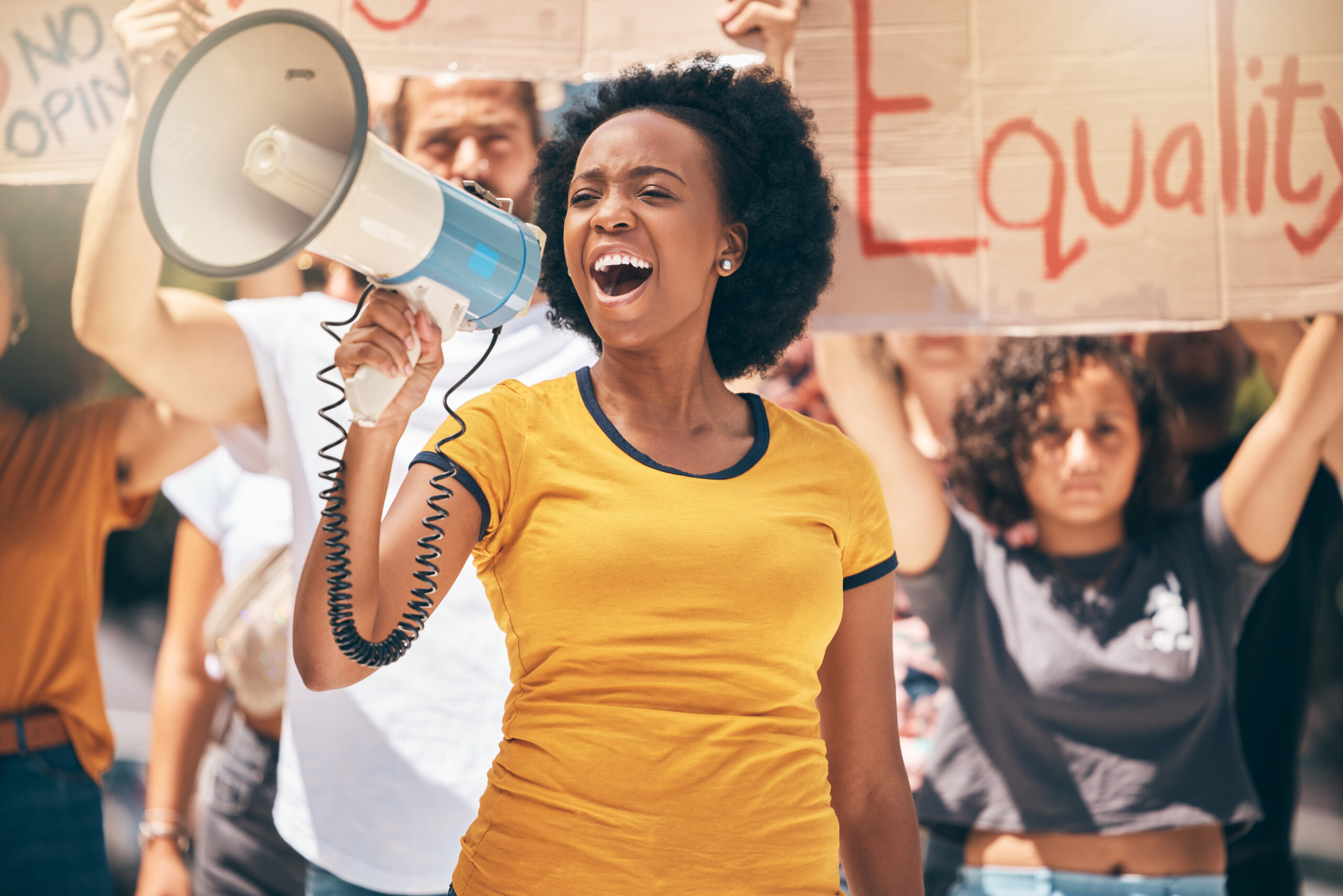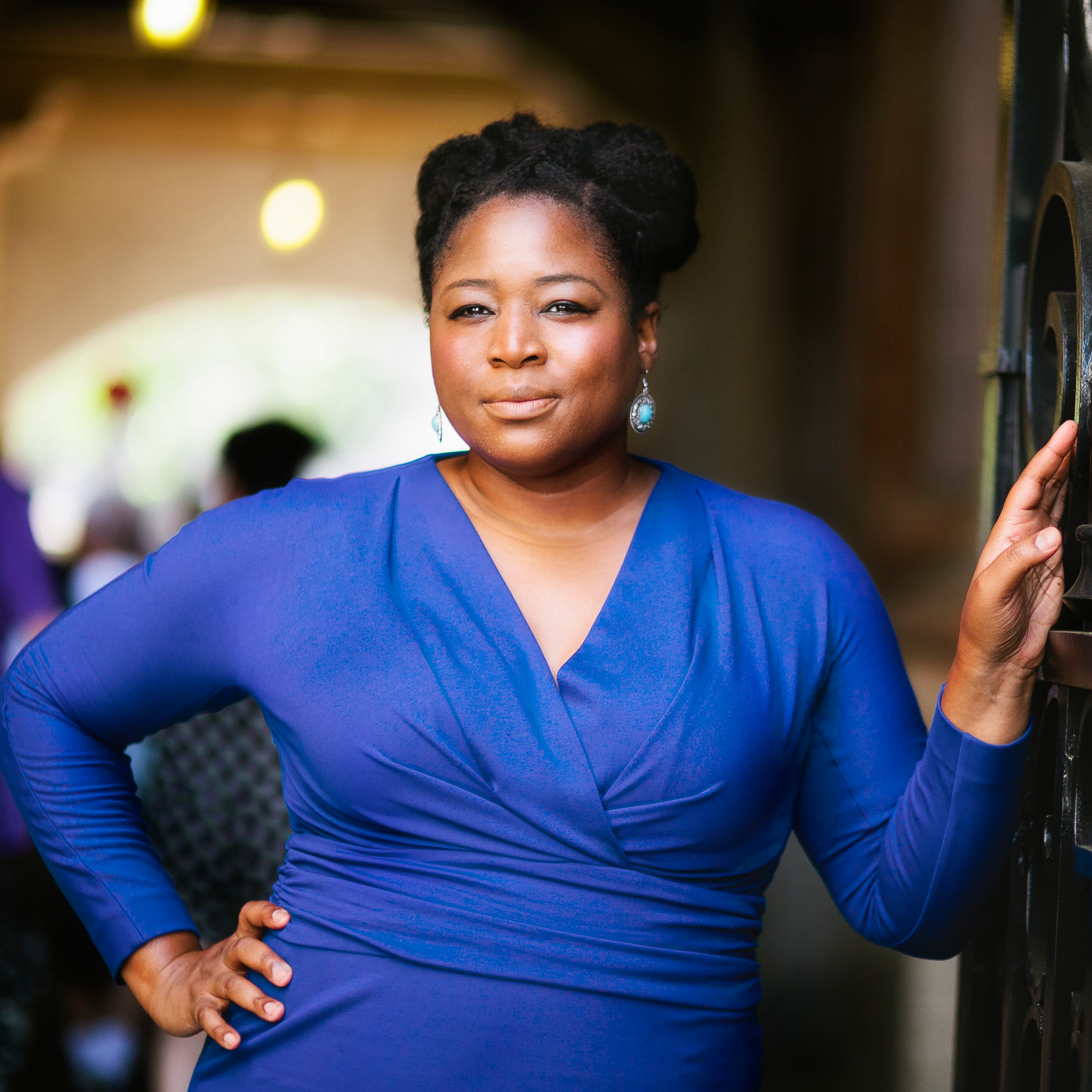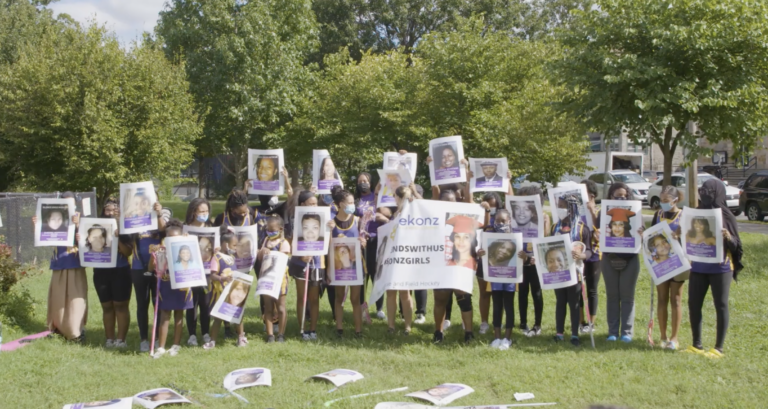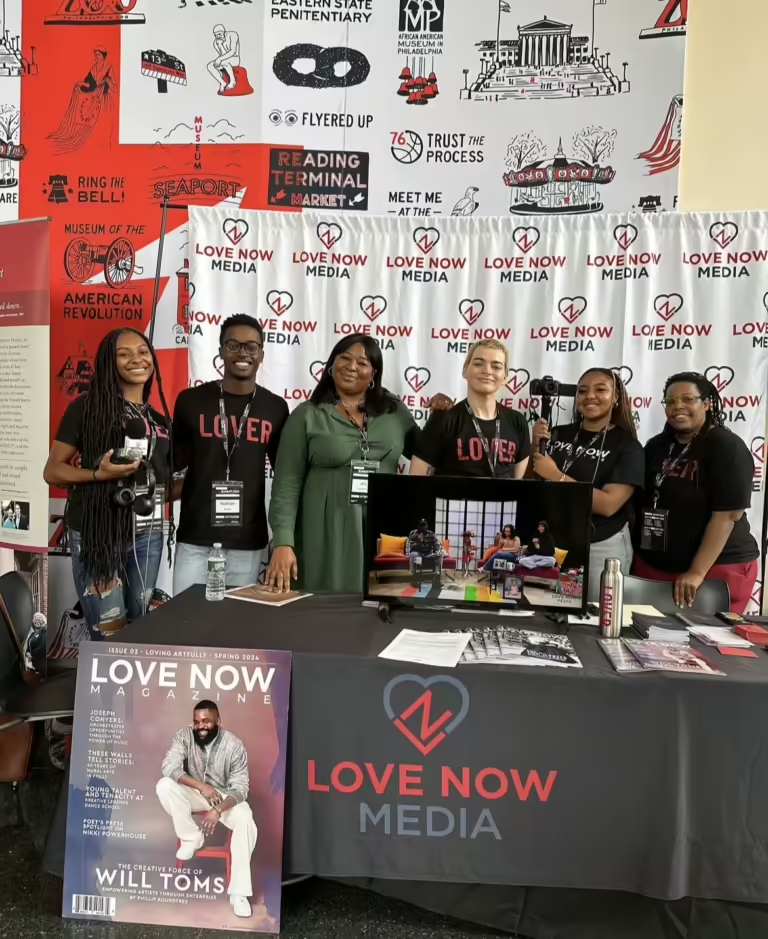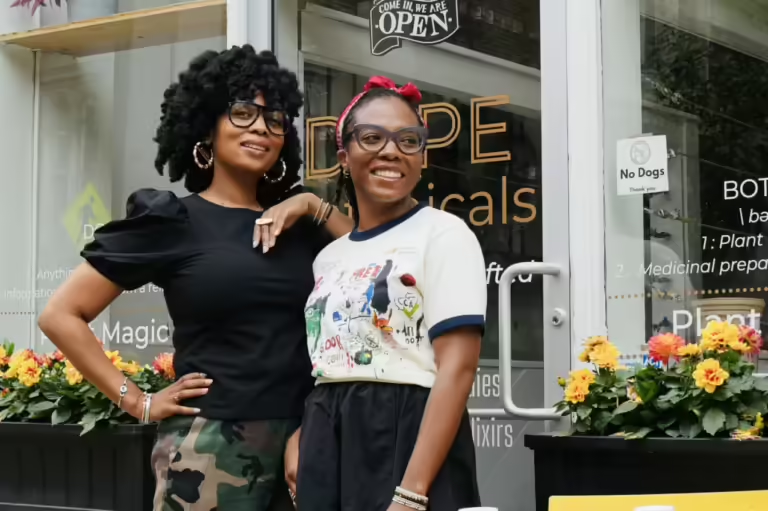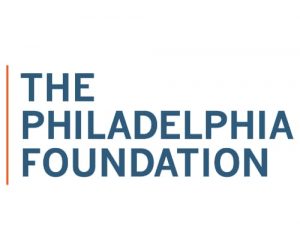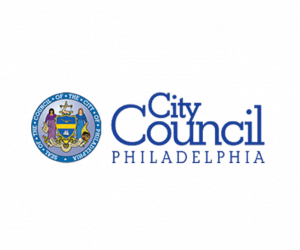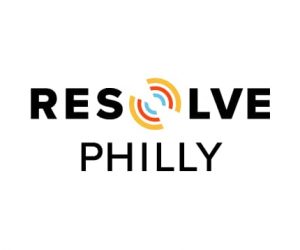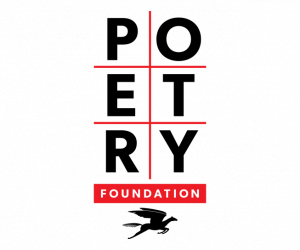In this first week of Black History Month, Black communities are still grappling with a centuries-old history of conflict with the police. In Philadelphia, Pennsylvania, a city where 44% of the residents are Black, we lost 516 people to homicide in 2022. The recent release of the video of Tyre Nichols, a 29-year old Black man fatally beaten by police in Memphis, Tennessee, evoked feelings of rage and reignited calls for justice on social media.
It’s important to transform emotions and “hashtag activism” into constructive action to ensure that justice is achieved. For those of us advocating for justice, it’s important to remember that the system which has given police power to brutally beat Black and Brown bodies is the same system that creates disparities among people in poor communities where opportunities for education, housing, employment, and access to wellness, leisure and mental health are limited.
Advocating for systemic justice is a crucial and ongoing effort to address the deep-rooted issues that contribute to the rampant misuse of power in society, particularly in underserved communities.
In our current media landscape, however, particularly with the digital culture of social media, it’s easy to fall victim to toxic practices that exploit conflicts between communities and police, rather than trying to solve the underlying systemic problems.
The prevalence of sensationalist media coverage that prioritizes conflict and controversy over the root causes of societal problems can perpetuate harmful stereotypes and biases. It can also create further division between communities and law enforcement. In order to effectively advocate for and support movement toward systemic justice, it’s important to proactively seek out news and information from credible sources and refrain from resharing and engaging with trauma invoking content by media outlets that prioritize or default to sensationalism over accuracy.
Loving communities, especially marginalized communities, means working with them to address the root causes of systemic problems. It’s crucial to support and empower those who have been directly impacted by systemic injustices by including communities in participatory design sessions to co-imagine and contribute to the future of neighborhoods. We must also listen to the real and immediate needs people have and implement policies to meet those needs equitably.
For those located in the Philadelphia area who are specifically interested in addressing police and community relations, here’s a list organizations that you can connect with:
- Philadelphia Anti-Drug/Anti-Violence Network
- The Philadelphia Office of Black Male Engagement
- The We CAN Collaborative for Trauma Informed Police Training
- Philadelphia Police Athletic League
- The Philadelphia Commission on Human Relations
Having a clear focus empowers us to avoid trama-invoking clickbait that separates isolated incidents from the large-scale inequities which all too often disempower Black and Brown communities across the nation. Ultimately, rage without constructive direction stifles the real work towards justice. That work includes dismantling systems that contribute to the violence experienced by systematically-oppressed communities far too often, for far too long.

